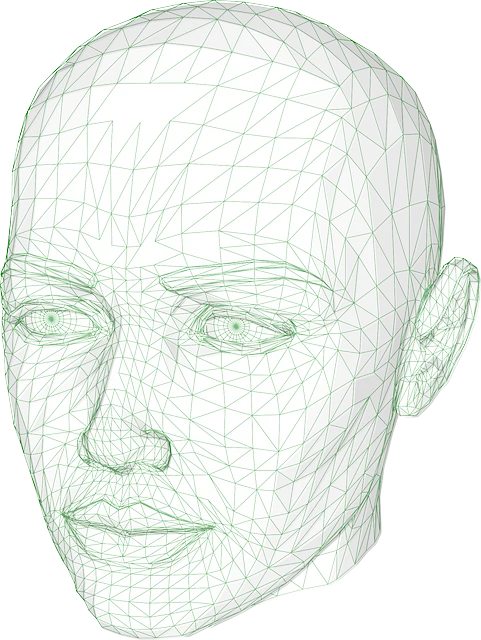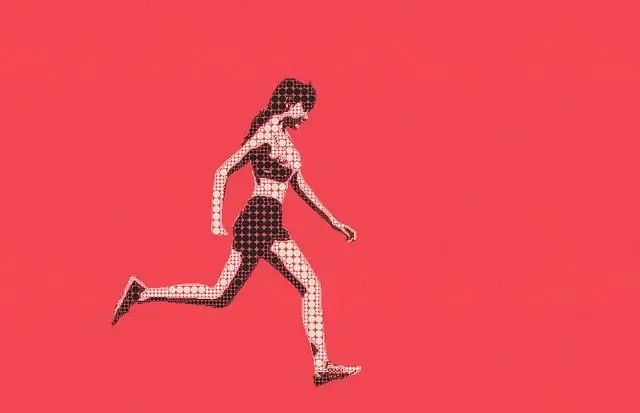Yoga and stretching exercises are proven to reduce anxiety, depression symptoms, and stress, offering a holistic approach to mental health. As an alternative to kratom for depression, yoga provides a non-addictive method targeting both mind and body. Kratom, derived from the Mitragyna speciosa tree, has shown potential in treating depressive disorders through its interaction with opioid receptors, but safety and legality debates persist. Combining yoga and kratom could offer a revolutionary, natural solution for managing depression and anxiety, enhancing overall well-being.
“Unwind your mind, strengthen your body—yoga and stretching exercises offer a holistic path to well-being. This comprehensive guide delves into the profound benefits of yoga for mental health, shedding light on its ability to alleviate stress and enhance mood. Furthermore, we explore the potential of Kratom as a natural aid for depression, backed by scientific research. By combining these ancient practices with modern insights, we present an integrated approach to achieving balance and tranquility, highlighting Kratom’s role in managing symptoms of depression.”
- Understanding Yoga and Stretching: Benefits for Mental Health
- Exploring Kratom as a Potential Aid for Depression: Science and Considerations
- Integrating Yoga and Kratom: A Holistic Approach to Well-being
Understanding Yoga and Stretching: Benefits for Mental Health

Yoga and stretching exercises are not just physical activities; they offer profound benefits for mental health, fostering a holistic well-being approach. Regular practice has been shown to reduce symptoms of anxiety and depression, two conditions that have seen a significant rise globally. The mindfulness aspect of yoga encourages individuals to focus on the present moment, helping to quiet the mind and alleviate stress. This mental clarity can serve as a powerful tool in managing emotional health.
Additionally, the physical stretching involved in yoga improves blood circulation, which delivers essential oxygen and nutrients to the brain. Enhanced cognitive function resulting from this increased blood flow contributes to better mood regulation and overall mental resilience. For those considering alternative solutions for conditions like depression, kratom for depression has gained attention, but yoga offers a non-addictive, holistic approach that addresses both the mind and body, making it an excellent complementary or standalone practice.
Exploring Kratom as a Potential Aid for Depression: Science and Considerations

Kratom, a natural herb derived from the tropical tree Mitragyna speciosa, has gained attention as a potential aid in managing symptoms of depression. Scientific studies have explored its effects on central nervous system activity, suggesting that kratom’s unique chemical composition may offer a novel approach to treating depressive disorders. Research indicates that specific compounds within kratom interact with opioid receptors, potentially providing an alternative to conventional antidepressants for individuals seeking non-pharmaceutical interventions.
However, it is crucial to consider the ongoing debate surrounding kratom’s safety and legality. While some studies show promising results, others highlight potential risks, including tolerance development and withdrawal symptoms. The varying legal status of kratom across different regions adds another layer of complexity. As research continues, a comprehensive understanding of kratom’s efficacy and side effects is essential to determine its role in treating depression.
Integrating Yoga and Kratom: A Holistic Approach to Well-being

Yoga and Kratom, when combined, offer a holistic approach to well-being that addresses both physical and mental health. In today’s fast-paced world, many individuals struggle with stress, anxiety, and depression, making this ancient practice even more relevant than ever. Yoga provides a range of benefits, from improving flexibility and strength to calming the mind and fostering a sense of inner peace.
Kratom, known for its potential therapeutic effects on mood and energy levels, can complement yoga practices. For those seeking natural remedies for depression or anxiety, Kratom has gained attention as a herbal supplement. It interacts with opioid receptors in the brain, providing an uplifting and energizing effect without the risks associated with prescription medications. Integrating Kratom into a regular yoga routine could be a game-changer for folks looking to enhance their mental clarity, reduce stress, and promote overall well-being.
In conclusion, yoga and stretching exercises, coupled with the potential benefits of kratom for depression, offer a holistic approach to well-being. By understanding the mental health advantages of these practices, exploring scientific considerations regarding kratom, and integrating them into daily routines, individuals can navigate a path towards improved mental health and enhanced overall quality of life.






